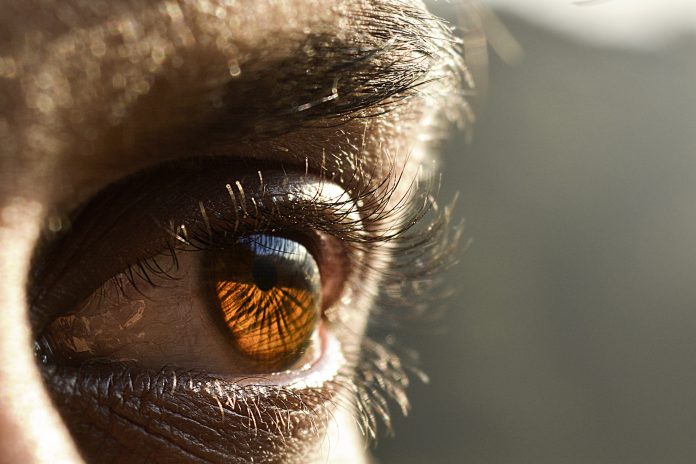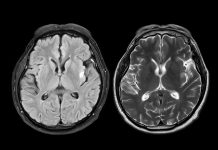Researchers at the Perelman School of Medicine at the University of Pennsylvania have reported improvements in vision among patients with a rare inherited condition, following gene therapy
The study, published in The Lancet, revealed that patients with Leber congenital amaurosis type 1 (LCA1), a genetic retinal disease causing severe vision loss from infancy, experienced gains in vision after receiving treatment.
Hope for patients with vision impairments
The trial involved 15 participants, including three paediatric patients, all of who had mutations in the GUCY2D gene crucial for vision. Before treatment, these individuals had severe vision impairments, often worse than 20/80 vision, a level where seeing an object clearly at 80 feet would require them to move within 20 feet to discern it.
Gene therapy, named ATSN-101 and from the AAV5 microorganism, was administered through surgical injection under the retina. Patients received varying dosages, with those receiving the highest doses experiencing the most dramatic improvements.
Some patients reported vision improvements equivalent to seeing their surroundings on a moonlit night outdoors.
Effective therapy
Lead author Artur Cideciyan, PhD, highlighted that one patient could now navigate outdoors at midnight using only the light from a bonfire, something previously unthinkable due to their condition.
The therapy’s effectiveness was fast, with clear improvements often observed within the first-month post-treatment and lasting for at least 12 months.
The study focused mainly on safety, ensuring the procedure and therapy were well-tolerated. While some minor side effects related to the surgical process were reported, such as conjunctival haemorrhage and temporary eye inflammation, no serious adverse effects were attributed to the gene therapy itself.
Future treatments
“The treatment success in our most recent clinical trials together with our earlier experience brings hope for a viable treatment for about 20 percent of infantile blindness caused by inherited retinal degenerations,” Aleman said. “The focus now is on perfecting the treatments and treating earlier manifestations of these conditions once safety is confirmed. We hope similar approaches will lead to equally positive outcomes in other forms of congenital retinal blindness.”
Earlier in 2024, a separate trial at Penn using CRISPR-Cas9 gene editing also showed promising results in restoring vision for patients with another form of LCA.
Researchers emphasise the need for further trials to refine the therapy and expand its application, potentially offering hope to approximately 20 per cent of infants affected by inherited retinal degeneration worldwide.
By using the results from these trials future treatments could be developed by restoring vision for those struggling with genetic forms of blindness.








